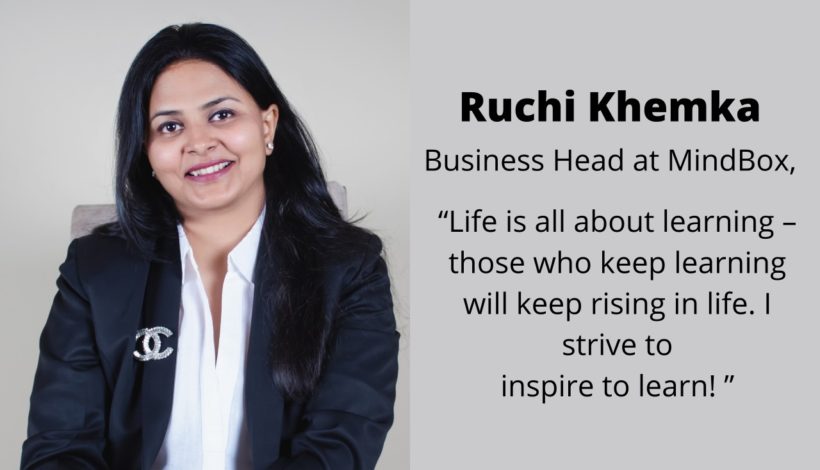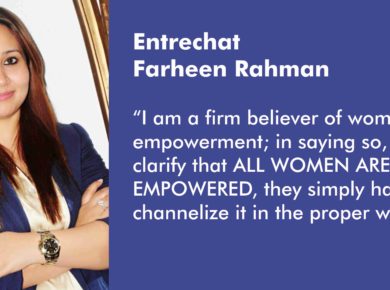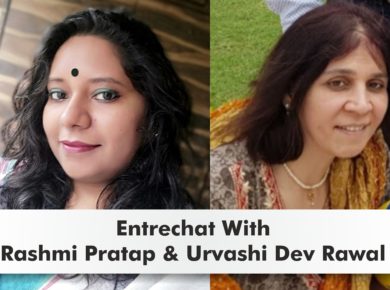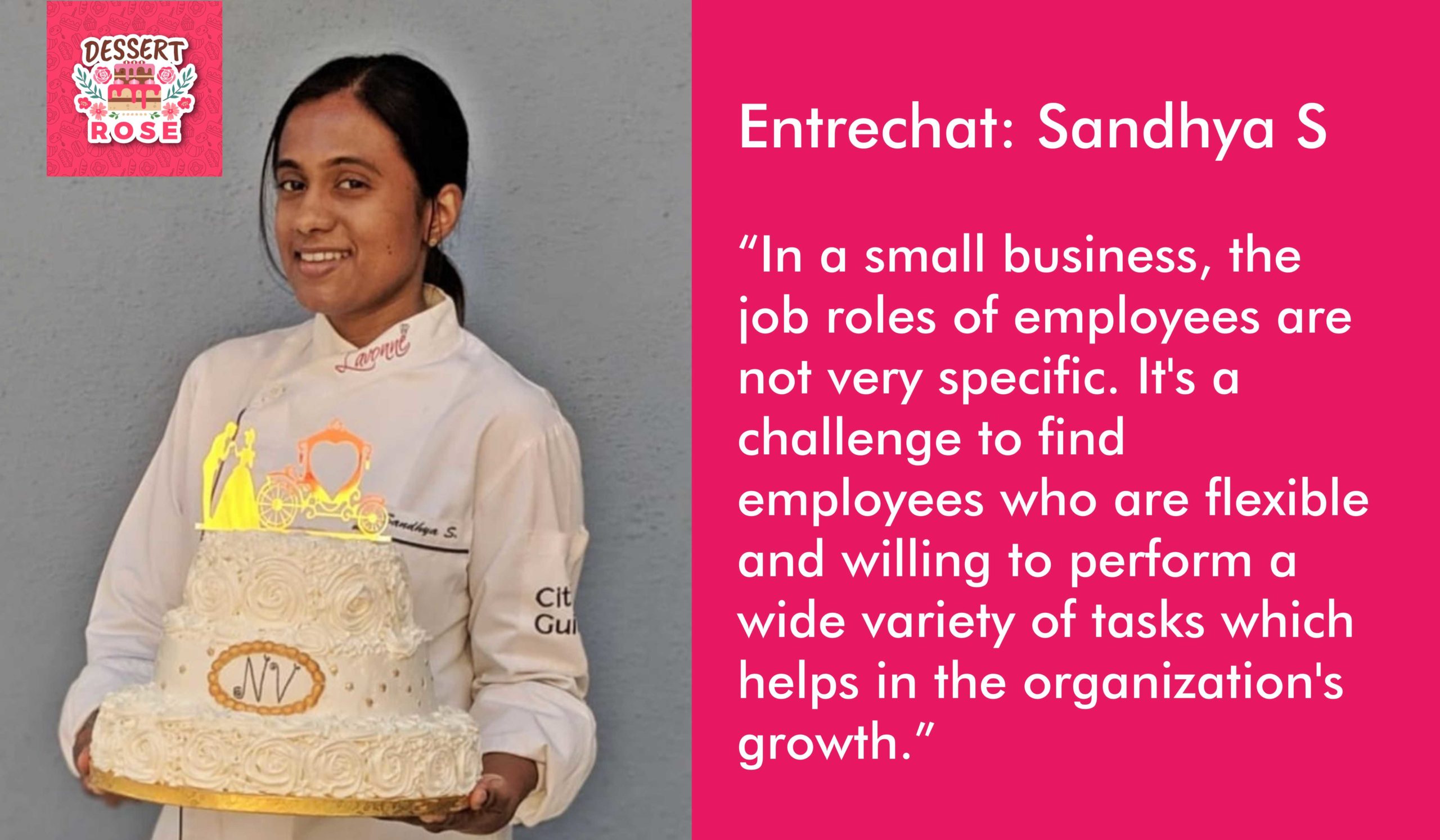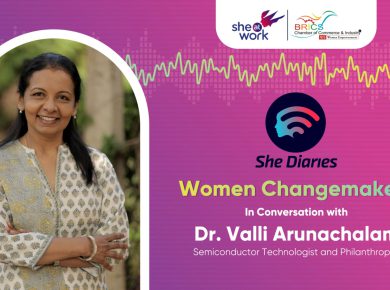It is certainly not easy being a visionary and it is even more difficult to convince others to believe in your vision. However, Ruchi Khemka, Co-Founder of MindBox, strives to inculcate visions of a better future amongst children through experiential learning. This B.Com graduate from Kurukshetra University has come up with unique ideas to improve learning as she aims to empower students with relevant skills and make them future-ready through practical learning at MINDBOX. Team Sheatwork gets into an insightful tete-e-tete to learn more about her journey and aspirations as an entrepreneur.
Responses by Ruchi Khemka, Co-Founder, MindBox
Q1. What was the inspiration that steered you into becoming an entrepreneur?
Ans. My entrepreneurial journey began when I decided to enrol my son in a coding program. What I observed during this experience was that, students could not learn or grasp concepts due to lack of practical experience. There was no genuine outcome and most importantly, there was a dearth of knowledge and exposure around both, fundamental programs as well as high-end and professional software and languages.
This motivated me to start MindBox, where we carefully curate courses as per individual students’ needs, interests, pace of learning and style, which in turn helps them to attain 21st century skills. We ensured that every student gets hands-on experience in the form of projects, and encourage them to create solutions/prototypes for real-world problems. Our courses cover the entire technology lifecycle with various programs from fundamentals, multimedia, coding to design courses through High-end and professional software/tools for kids of ages 6-18 years.
Q2. How did you choose the EdTech space and what is unique about this domain? How did you try to shape brand MindBox differently?
Ans. India’s Edtech ecosystem is brimming with coding led platforms, but we at MindBox, cover the entire technology lifecycle with various programs from Fundamentals, Multimedia, Coding to High-end Design courses and professional courses for children aged between 6-18 years. However, the under-lying potential of Edtech space is enormous, owing to its ability to impact the lives of future generation.
We are the only EdTech platform in India to have STEM Accreditation for Design & Coding Courses. Unlike our industry peers, we at MindBox tend to focus on teaching both professional design & code learning tools/software to students with the help of our outcome-based pedagogical model. Our programs run on four major pillars – Design Thinking, Content to Context Methodology, Project Based Learning and Student Centric Learning. We aim to empower students with the 21st century skills of creativity, collaboration, critical thinking, and communication to name a few, and inspire them to become innovators, collaborators, & problem-solvers.
Q3. Could you tell us about the challenges faced by you along your journey?
Ans. The Covid pandemic was a wakeup call for us here at MindBox. We had to make multiple
changes to our overall business model in attempting to not only survive but to also navigate through the obstacles that were raised during the pandemic. Hiring the right talent turned out to be the most difficult aspect during the pandemic – No matter how much capital you have infused in your business, at the end of the day, it is the people who will keep the flag of the organization flying high. Thus, identifying the right person for the right job turned out to be one of the most critical aspects of our day to day working.
Q4. How do you find competition in your business space?
Ans. India’s start-up ecosystem is brimming with Edtech start-ups. As per recent industry estimates there are about 9,043 EdTech start-ups in India. The number in itself signifies the kind of competition that exists within this space, and this competitive nature is what makes Edtech an exciting space to work in as it compels you to think out-of-the box. With immersive learning experiences taking centre stage across the entire education scenario in India, creativity becomes a critical factor for success.
Q5. What are some strengths that a woman entrepreneur should possess?
Ans. It’s not about being a women entrepreneur or a male entrepreneur. Every entrepreneur should have, what I call the ‘Three Ps’ of entrepreneurship: Passion, Persistence and Perseverance.
Passion – Your passion is what defines you from the rest of the world. Your passion is what aids your victory. Without passion, you may as well forget your dream and your vision.
Patience – Patience is key to success as it enables you to stay focused towards your goal and your vision even during the toughest of times.
Perseverance – Your ability to stay focused and persistent towards your goal is what makes you a successful entrepreneur. The entrepreneurial world is full of success stories of those who stayed long enough and fought their way through every obstacle patiently.
Q6. What are your future plans?
Ans. Since our inception, we have been able to expand our reach to 20+ countries, including India. Our plans are to further reach out to other parts of the world in order to make outcome-based design and code learning easily accessible to youngsters globally. By the end of this year, we aspire to empower over 1,00,000 students by serving 150+ schools across 30+ countries globally.
Q7. Any tips for someone who is trying to step into entrepreneurship today?
Ans. Always remember, success can never be accomplished overnight and that there are no
shortcuts to success. Be patient, stay focused towards your vision and most importantly stay true to yourself. Entrepreneurship in itself is a journey of enlightenment and therefore it requires a lot of hard work and patience.
